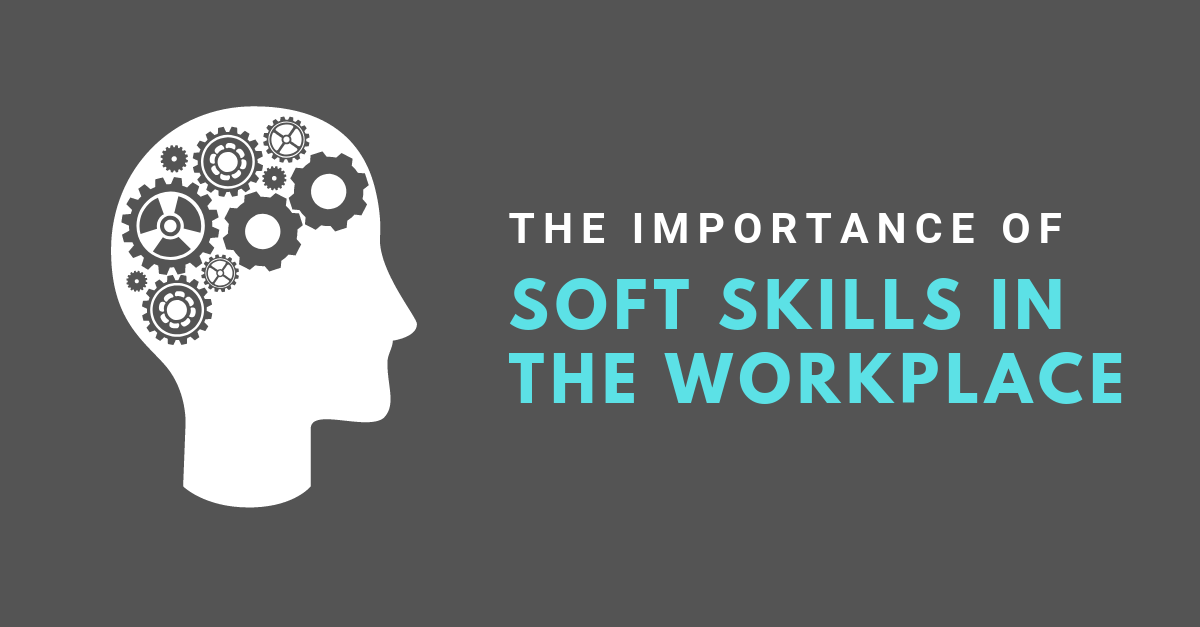
AI can seem like a formidable foe to the everyday employee. For one, artificial intelligence has the potential to increase productivity. Joined with enhanced accuracy and reduced costs, and the future looks progressively automated.
Fret not, candidates. Employers don’t underestimate the soft skills needed for a company to thrive — characteristics that bring value to an entire organization and remain wholly human. Professionals looking to boost their desirability should consider upskilling in the indefinable. Because while technical aptitude and educational backgrounds have their place, developing soft skills like communication and empathy in the workplace will help you through your entire career trajectory — wherever that may lead.
Communication skills encompass a few things: active listening, clear, thoughtful speech and an ability to effectively work in a team setting. Simple, right? Not always. The best communicators are often the least verbal. Instead, they choose to let others do the talking and process the information before interjecting with meaningful ideas that move the conversation forward.
For job seekers, proving that you’re able to successfully master these areas must be expressed and emphasized from your cover letter through the entire hiring process. Share examples of how your communication skills have allowed you to complete and collaborate on projects, and be sure to be a present participant during interviews.
This soft skill is important in all aspects of life, but is especially handy in the workplace. Empathy allows us to understand perspectives other than our own, as well as ups our emotional IQ. That way, we’re able to read into certain situations, make adjustments and create strong relationships with the people we regularly work with and depend upon.
Stuff happens. It’s how you respond that matters. Problem-solving is a concept that’s prevalent in our everyday lives, but not always done well. Does a roadblock cause more than a stumble in your productivity or does it generate innovation? Learning to detach from the issue and think free of bias are the first steps to developing this skill.
Practicing patience in an era of instant gratification seems less of a virtue and more of an impossibility. Still, it has real merit in the workplace. A company’s culture is largely based on how its employees communicate and interact with one another. Finding employees that are able to remain level-headed in stressful situations and foster a calm, safe space for collaboration with their colleagues are essential to a building a thriving work environment. It’s also a key indicator of leadership potential — something all companies are on the lookout for when building their teams.
Motivation is a powerful thing. And for most, positive reinforcement is just the trick to get people — and ideas — in motion. The ability to influence your peers is a crucial soft skill to achieving results, and helps encourage better output and self-confidence.
Ready to put your soft skills to the test? Check out our latest jobs in accounting, finance, tax and audit and apply today!